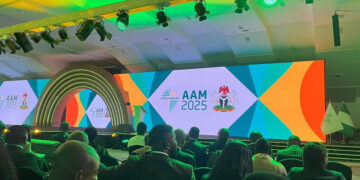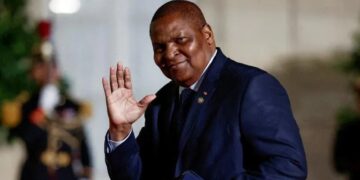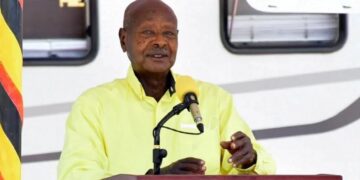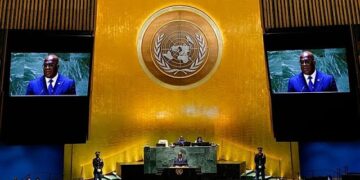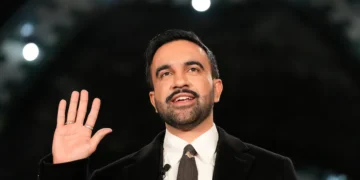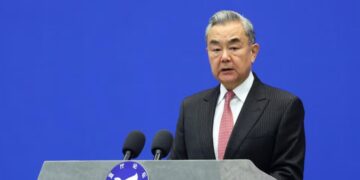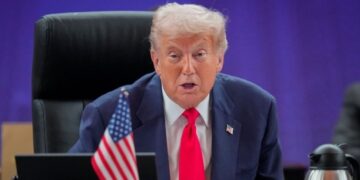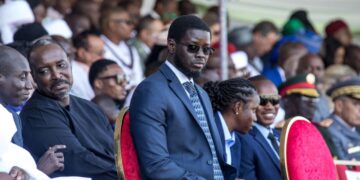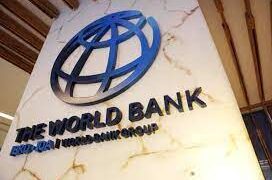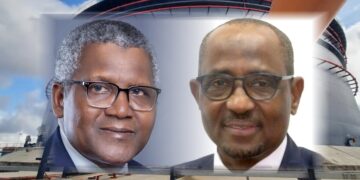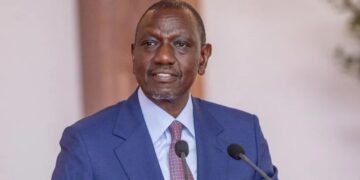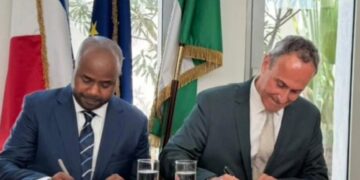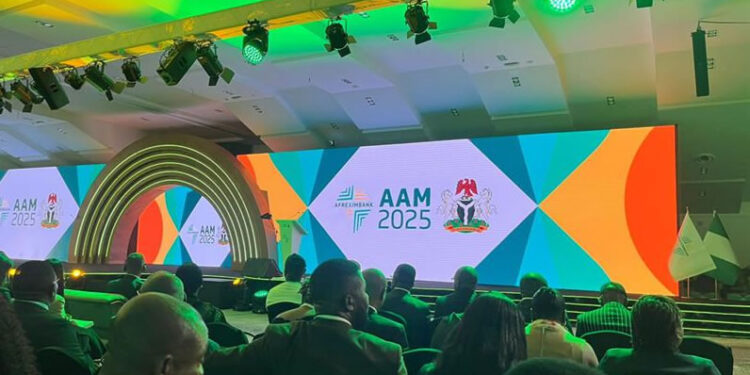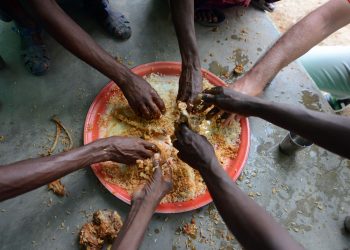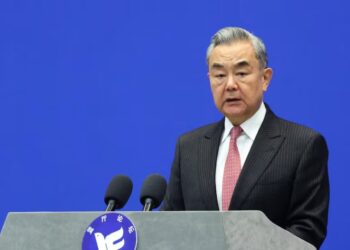By Kosi Eze and John Ikani
As the 32nd Annual Meetings of the African Export-Import Bank (Afreximbank) opened today in Abuja, a defining theme emerged from speeches, panels, and strategic deals alike: Africa is shedding the weight of external dependency and building the financial systems, institutions, and trade architecture it needs to control its future.
With over 6,000 delegates gathered from across the continent and beyond, this year’s meetings, held under the banner “Building the Future on Decades of Resilience,” offered more than symbolism. They presented a coordinated push toward what President Bola Tinubu described as Africa’s “greatness,” anchored in its people, resources, and a “spirit that refuses to quit.”
Vice President Kashim Shettima, speaking through an adviser, called for a transition not just in language but in levers: from rhetoric to renewable-driven industrial transformation, from fragility to financial self-determination.
That vision of economic sovereignty, rooted in African capacity and African capital, set the tone for deeper conversations about the continent’s financial backbone.
Senior Afreximbank executive Denys Denya pressed African governments to prioritise the strengthening of domestic development finance institutions (DFIs), warning that too often, political choices undermine the very institutions tasked with delivering reform. “Political leaders must support strong, independent institutions,” he urged.
Echoing that call for institutional strength, Nigerian Central Bank Governor Olayemi Cardoso called institutional credibility the linchpin of policy clarity. “Resilience alone will not suffice,” he said, stressing that structural confidence is essential for monetary and financial reforms to take root.
That message found expression in initiatives launched by the African Continental Free Trade Area (AfCFTA). Secretary General Wamkele Mene spotlighted the $712 billion digital trade market Africa is aiming to unlock by 2035, enabled by a new Protocol on Digital Trade and the Pan-African Payment and Settlement System (PAPSS), which allows local currency payments between African nations and reduces reliance on the US dollar.
“Trading in the US dollar or any other foreign currency has no business between African countries,” Mene declared. “We must use our currencies. We must ensure the economic sovereignty of our continent.”
With 49 AU members having ratified the AfCFTA, the fastest adoption of any treaty in African Union history, momentum is clearly on the side of integration. Over 3,000 certificates of origin have already been issued, opening new doors for traders and SMEs.
That integration is being funded, in large part, by Afreximbank itself. Since Prof. Benedict Oramah took over a decade ago, the bank has grown its asset base tenfold, from $4 billion to $40 billion, while supporting projects from energy to manufacturing, healthcare to fertiliser. Its support has helped Nigeria become the continent’s top fertiliser producer and catalysed industrial ventures like the Dangote and Port Harcourt refineries.
This year, the bank is expected to facilitate billions in new funding agreements across Africa, including public-private partnerships and strategic sector investments, through mechanisms like the $1 billion AfCFTA Automotive Fund and the $10 billion Adjustment Fund to support countries implementing the trade pact.
But the meetings are not just about numbers. They are about reshaping perceptions. Speaking at the media launch ahead of the bank’s Annual Meetings taking place from 25th to 28th June 2025, director of Communications Anne Ezeh called on journalists to stop covering Africa through a deficit lens. “You are not just reporting on an event,” she told the media. “You are part of a historic movement, one that is shifting the global perception of Africa from a continent of problems to a continent of solutions.”
It was a call that aligned with the broader vision expected from leaders across the African and Caribbean blocs, including confirmed participants such as former Jamaican Prime Minister P.J. Patterson, AU Commissioner Albert Muchanga, and business icons Aliko Dangote and Tony Elumelu. Their anticipated contributions reflect the growing demand for South–South cooperation, deeper trade integration, and more strategic use of African voices in global financial rule-making.
